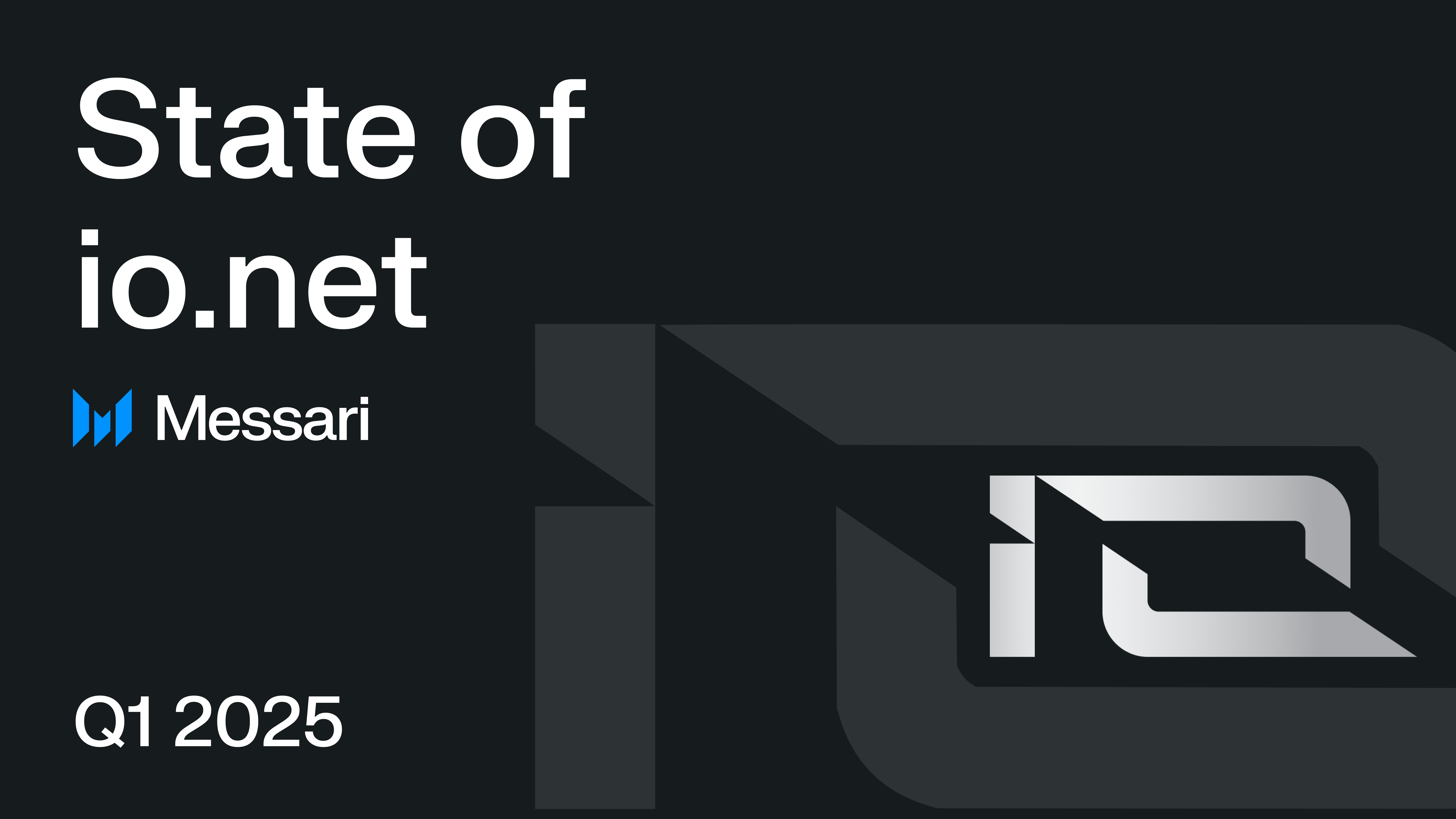DePIN Union Partners with SOLPEN to Enhance Decentralized Infrastructure on Solana

DePIN Union, a decentralized physical infrastructure ecosystem, has recently announced a strategic partnership with SOLPEN, an innovative platform that integrates artificial intelligence (AI) with decentralized physical infrastructures (DePINs) on the Solana blockchain. This collaboration aims to enhance the decentralized infrastructure of Solana while focusing on the development of scalable, efficient, and intelligent solutions across various sectors, including lifestyle and health. By leveraging Solana’s high-throughput and low-latency capabilities, the partnership seeks to redefine how decentralized technologies can interact with AI and IoT, creating a robust ecosystem that enhances user experience.
The partnership between DePIN Union and SOLPEN is set to challenge the limitations associated with centralized systems. SOLPEN’s unique approach combines AI with IoT, allowing for a seamless integration that empowers users to gain real-time insights and make informed decisions. This synergy not only promotes smart decision-making but also fosters an environment where technology can be seamlessly integrated into everyday life. With Solana’s low-latency network, applications developed within this ecosystem are expected to deliver rapid response times, further enhancing the overall user experience.
This collaboration marks a significant step towards realizing a decentralized physical infrastructure that minimizes reliance on traditional centralized platforms. By combining their expertise in AI and blockchain technologies, DePIN Union and SOLPEN are poised to develop state-of-the-art solutions that provide unparalleled accessibility and scalability. As they move forward, users can anticipate a transformative impact on how decentralized technologies are utilized across various contexts, paving the way for a more interconnected and efficient future.
Related News





